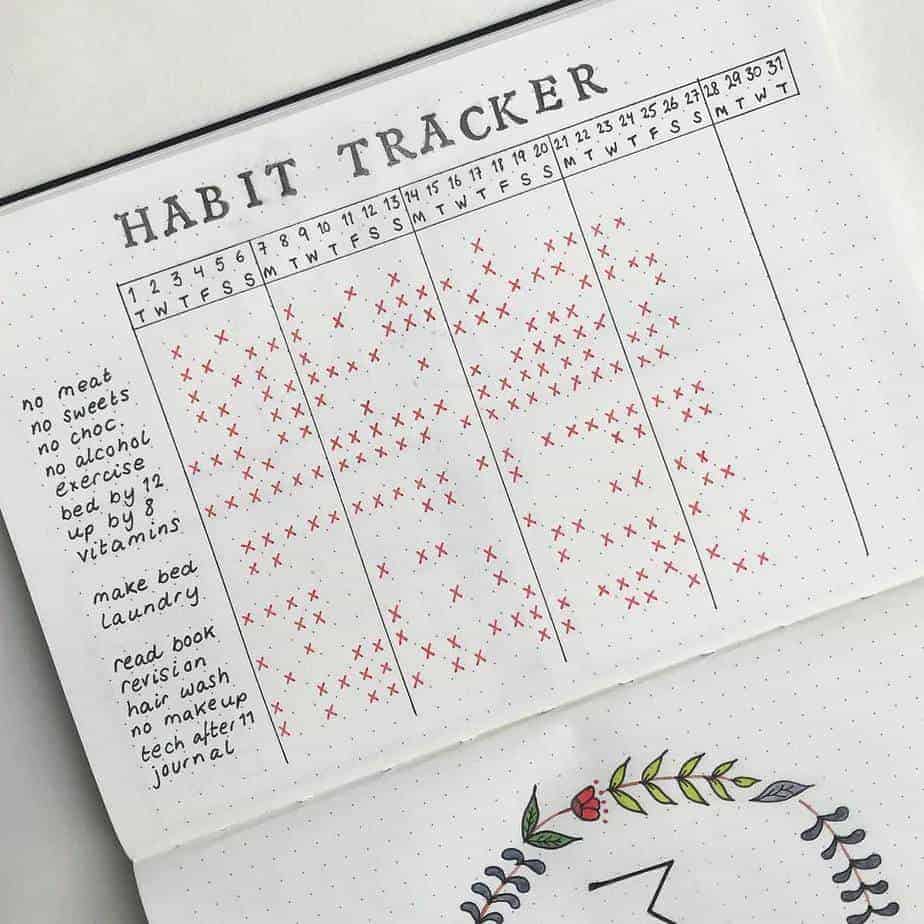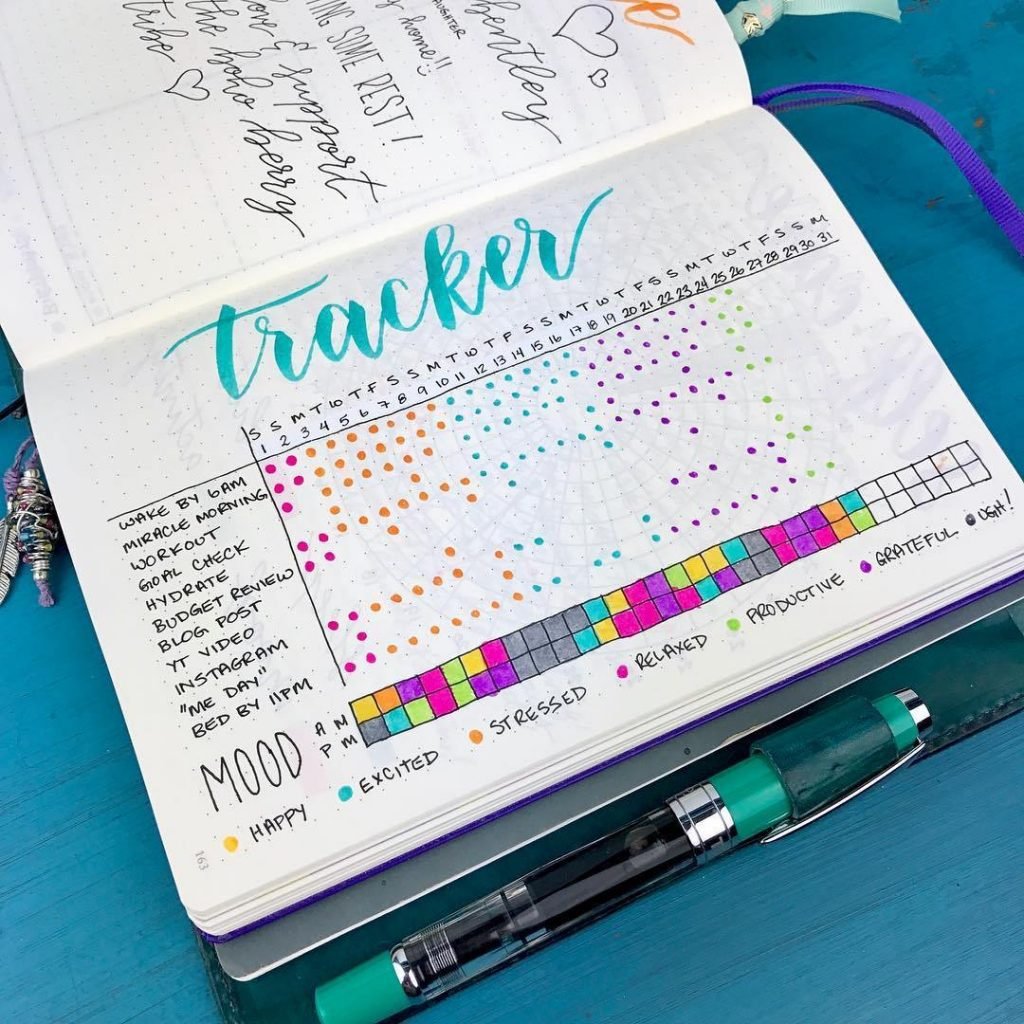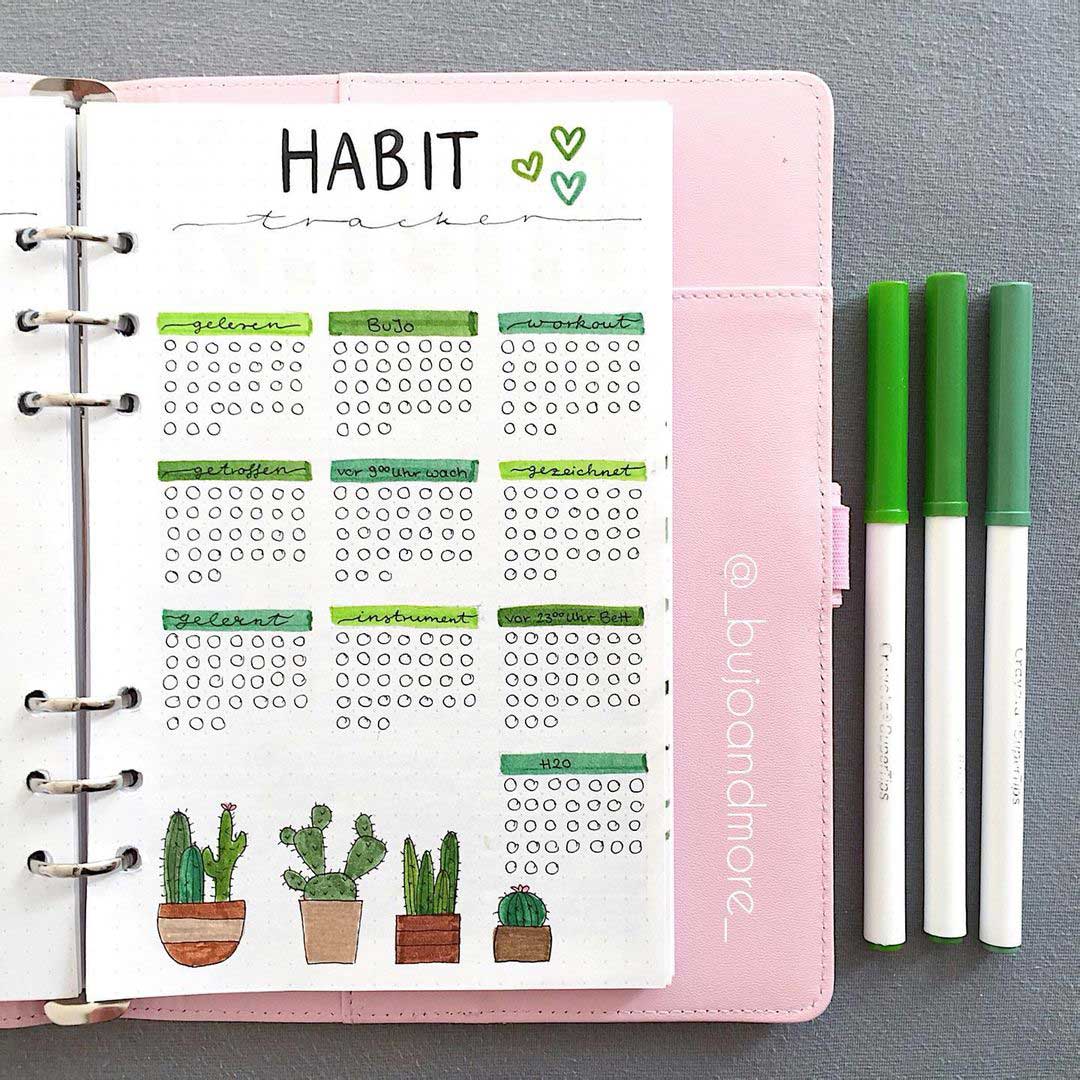Are you struggling to stay on track with your goals and build positive habits? A habit tracker, meticulously crafted and consistently utilized, can be the cornerstone of your personal growth, providing clarity, motivation, and a tangible record of your progress.
The concept of habit tracking, at its core, is remarkably simple: it's a visual method to monitor your daily or weekly actions, allowing you to recognize patterns, celebrate successes, and identify areas needing improvement. The beauty of habit tracking lies in its versatility. It can be tailored to fit any goal, from mundane tasks like remembering to drink enough water to more ambitious endeavors like learning a new language or developing a consistent exercise routine. These trackers aren't just about ticking boxes; they offer profound insights into your behavior, lifestyle, and overall well-being. Moreover, keeping a habit tracker can help you know more about yourself and your lifestyle.
Here's a comprehensive overview to help you utilize habit trackers to the fullest extent:
| Feature | Details |
|---|---|
| What is a Habit Tracker? | A habit tracker is a tool used to monitor and record the frequency and consistency of specific habits. It can take various forms, such as a chart, graph, or checklist, and is typically used to track daily, weekly, or monthly habits. Habit trackers are an effective way to track your daily habits such as, exercising, taking medicine, journaling, prayer time, and more. |
| Purpose | The primary purpose of a habit tracker is to help individuals develop new habits, reinforce existing ones, and break undesirable behaviors. They provide visual feedback on progress, offering motivation and accountability. |
| Benefits |
|
| Types of Habits to Track |
|
| How to Create a Habit Tracker |
|
| Examples/Ideas |
|
| Tools and Supplies |
|
| Tips for Effective Habit Tracking |
|
| Where to Find Inspiration |
|
| Examples of Habits to Track (100 ideas) |
|
| Common Mistakes to Avoid |
|
| Using Habit Trackers in Different Contexts |
|
| Key Components of a Successful Tracker |
|
| Resource Link | Verywell Mind |
Choosing what to track can feel daunting at first, with an overwhelming array of possibilities. Your bullet journal can become a personalized laboratory for self-improvement, a place to experiment, and refine your daily rituals. Here's a starting point with a diverse selection of ideas to fuel your tracker:
Consider the following habits to track in your journal. Many of the ideas that follow can be tailored to weekly, monthly, or even yearly trackers, especially those relating to savings or weight loss.
For personal well-being, consider incorporating habits like: Skincare routine, mindful moments, affirmations, meditation sessions, and even tracking your sleep patterns. Prioritize the habits that will yield the greatest benefits.
Tracking habits is not merely about the act of recording; it's about a conscious commitment to personal evolution. Regular tracking empowers you to celebrate your achievements, recognize areas for improvement, and fine-tune your strategies over time. As you meticulously document your daily routines, you'll gain valuable insights into your behaviors, identify patterns, and unlock the potential for significant positive change.
A habit tracker is an easy way to create healthy daily habits on your bullet journal. Habit trackers can be simple or elaborated. Many bullet journal owners also include some form of tracker in their daily spreads to keep track of habits that they are either making a part of their daily routine or getting rid of.
The use of habit trackers is not limited to individual pursuits. They are a powerful tool for collective progress as well. Tracking habits in teams or groups can foster accountability and shared motivation. Whether you're aiming for personal growth or team objectives, the principles remain the same: set goals, track progress, and stay committed to the journey.
By implementing a habit tracker, you're setting yourself up for a journey of self-discovery and continuous improvement. Whether it's tracking your sleep, exercise, or creative endeavors, the power of consistent monitoring lies in the profound impact it has on your habits and, ultimately, your life.
You can track bed time, wake up time, exercise, water intake, affirmations, chores, money spentthe list of what habits you can track is endless. Habit trackers can be simple or elaborated. You can take a few habit tracker ideas from each of them and combine them into one to create a habit tracker spread that you want.
Tracker are fundamentally not integral components of the original bullet journal system designed by Ryder Carroll. However, they have become highly established over time and are now essential components of most bujos. Observation trackers are actually pretty simple to implement and generally easy to create.
Bullet journaling is incredibly personal, but we all need inspiration to get started. If you havent tried using a habit tracker yet, you should definitely start one. Being able to monitor so many aspects of my life in graphs has been amazing for building up good habits and decreasing bad ones. I also use my habit tracker to set goals and rewards for myself, which helps immensely with pushing myself to new achievements.
These trackers arent so much a call to action but a way to monitor both healthy and unhealthy activities. This set of bujo habit tracker printables supports creating and tracking healthy routines, consistency, and self-awareness and will ultimately help you achieve your goals faster.
In essence, the habit tracker is more than just a checklist; it's a dynamic tool that adapts to your evolving needs, helps you understand yourself better, and guides you toward a more intentional and fulfilling life. So gather your favorite bullet journal supplies and start planning your path to success!


